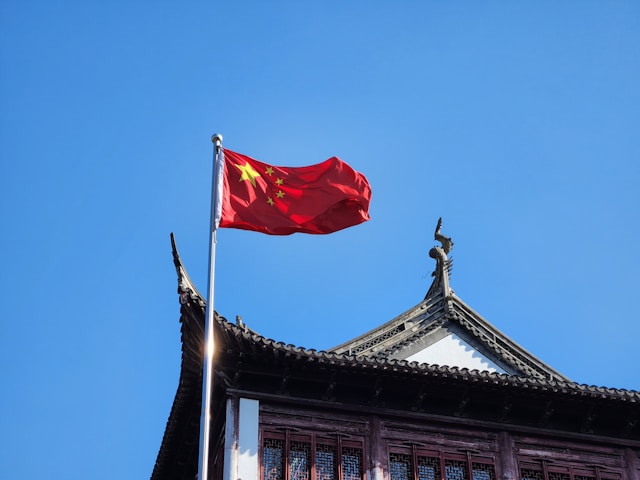
On 11 Aug. 2022, the Beijing Fourth People’s Intermediate Court concluded the case of Lu and Wei’s application for recognition of a decree absolute of divorce rendered by the Hong Kong District Court.
This is the first time since the implementation of the “Arrangement of the Supreme People’s Court on Reciprocal Recognition and Enforcement of Civil Judgments in Matrimonial and Family Cases by the Courts of the Mainland and of the Hong Kong Special Administrative Region” (最高人民法院关于内地与香港特别行政区法院相互认可和执行婚姻家庭民事案件判决的安排, hereinafter referred to as “the Arrangement”) that Beijing has applied the Arrangement to recognize divorce judgments rendered by Hong Kong courts.
According to the Arrangement, 14 types of judgments in matrimonial and family cases made by Mainland courts can be applied for recognition and enforcement in Hong Kong, and vice versa for 12 types of such judgments rendered by Hong Kong courts.
On 12 Apr. 2022, the District Court of Hong Kong issued a “Certificate of Making Decree Nisi Absolute (Divorce)” in the divorce proceeding between Lu and Wei, thereby dissolving their marriage. Lu then requested the Beijing Fourth People’s Intermediate Court to recognize the above-mentioned decree absolute in accordance with law.
Upon examination, the Beijing Fourth People’s Intermediate Court held that the decree absolute at issue had conformed to the Arrangement’s definition of “effective judgments rendered by Hong Kong courts in civil matrimonial and family cases that can be recognized by the Mainland” without falling under any conditions that would prevent judgments from being recognized. Therefore, the Court ruled to recognize the above-mentioned decree absolute of divorce.
Cover Photo by Florian Wehde on Unsplash
Contributors: CJO Staff Contributors Team








